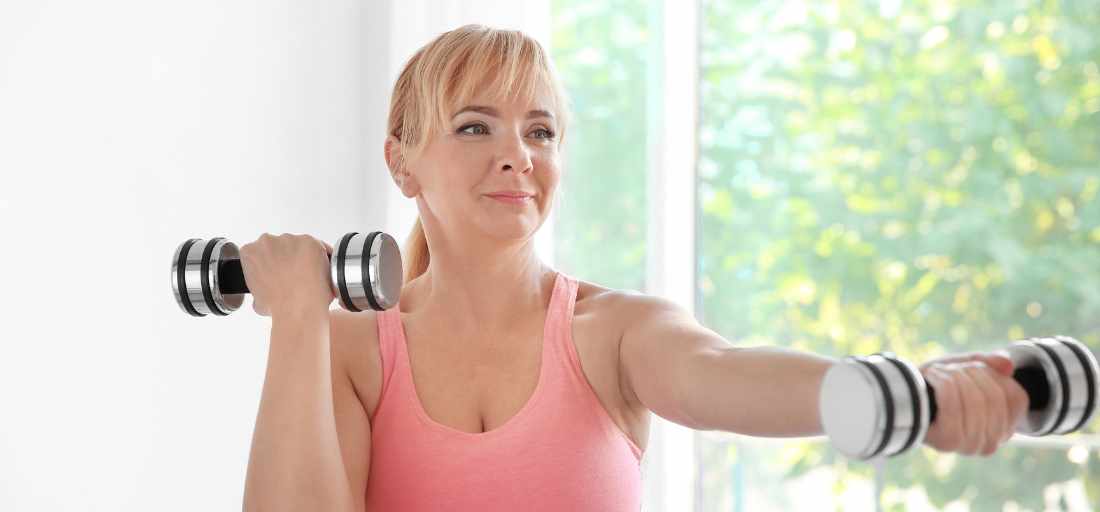Healthy ageing

Healthy ageing describes a scenario of resilience. Especially when that minimises the risk of major chronic conditions such as heart disease and dementia. As well as maintaining cognitive and physical function.
Though people are generally living for longer now, this does not necessarily mean that older people have better health than they used to. A longer life could mean more years living with ill health, pain or disability. Yet, for many, it is possible to live a long and healthy life. And, significantly, diet and lifestyle play an important role.
For instance, older people often have chronic low-grade inflammation, so-called inflamm-ageing. This low-grade inflammation reduces the rate of DNA damage repair and hence promotes ageing of cells and tissues. But, diet and lifestyle changes can limit this damage and even boost cellular repair. And, if you’re looking for ways to improve your health into old age this is a good place to start. Because scientists have shown that it is possible to slow, control or reverse inflamm-ageing.
A healthy diet and ageing
Food choices are one way we can improve our chances of living healthily into old age. Researchers see consistent results when dietary patterns such as the Mediterranean diet are used in the study of lifelong health. There are some key ingredients of beneficial dietary patterns that are associated with longevity. These include a high intake of vegetables and fruit, fish, whole grains, legumes or pulses and potatoes. Whereas researchers suggest that diets high in sugar-rich foods and red meats may increase the risk of cardiovascular problems.
But, it might not just be about what we eat, but when we eat it. Studies on fasting and time-restricted feeding suggest these strategies may offer benefits for health and healthy old age.
Physical activity and ageing
Researchers say that physical activity is one of the most important factors that predict healthy ageing. So, the phrase “Exercise is Medicine” was coined. In fact, physicians long ago prescribed exercise for their patients.
But we also have the ‘exercise paradox‘. Where people are aware that exercise is good for them but are not motivated to get moving. From an evolutionary perspective, this makes sense. Humans evolved under conditions that required regular, moderate physical activity into old age. But, if food and therefore energy was scarce, avoiding unnecessary exertion could be the difference between life and death.
Ideally, we would try to maintain healthy habits throughout life but it is never too late to adopt healthy behaviours and discard unhealthy ones.
Posts related to healthy ageing:
Try magnesium for help with sleep
